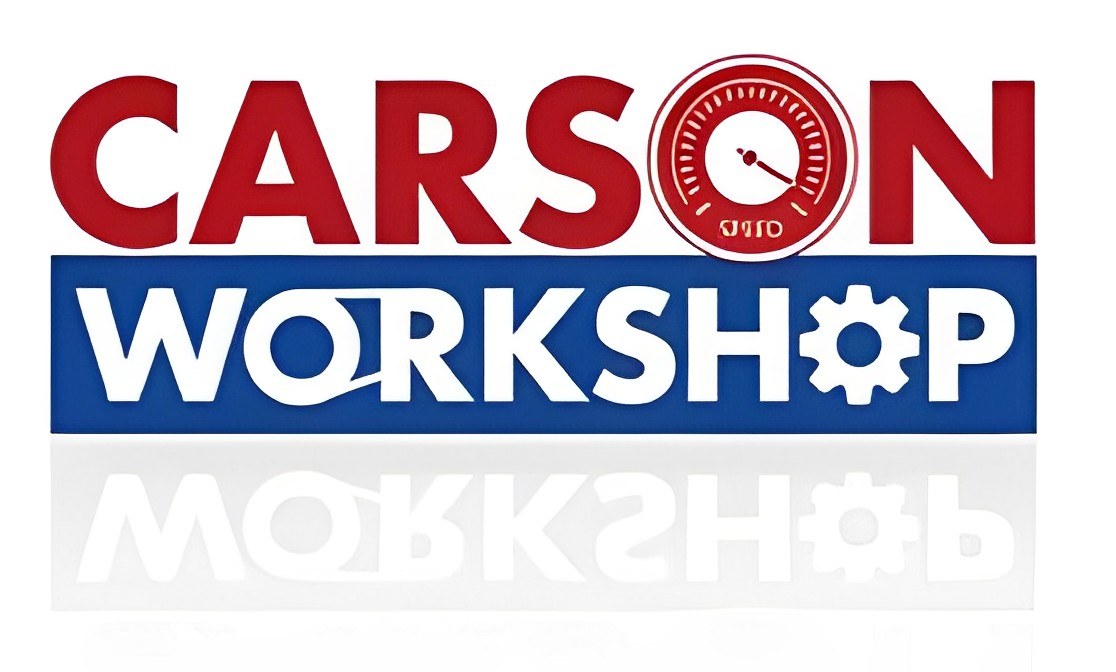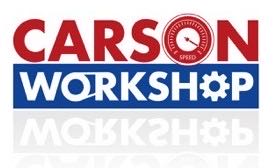Car accidents are an unfortunate reality on our roadways, with thousands of vehicles involved in collisions each day. As a consequence, a considerable number of these damaged automobiles find their way to car wreckers Auckland where salvageable parts are extracted for resale.
According to statistics, car wreckers acquire an estimated 10 million vehicles annually. These automotive wrecks serve as a goldmine for various auto components, offering a diverse range of parts at a fraction of the cost of new ones.
However, despite the potential benefits, many car mechanics refrain from utilizing parts from wrecked vehicles for several reasons. In this post, we will delve into the reasons why they choose to purchase auto parts from vendors instead of reviving salvaged car parts.
Reasons Behind Not Using Car Parts from Wrecks
Mechanical failure is the primary cause of motor vehicle accidents and 90% of accidents end in injury or death is due to the use of defective or low quality auto parts.
Therefore, many car mechanics typically use new or remanufactured components from reliable providers and avoid using components recovered from salvaged cars.
They are more likely to fail and result in more repairs and increased costs for the mechanic and the automobile owner.
While car wreckers may provide cost-effective alternatives, the possible dangers associated make avoiding salvaged components a responsible decision. Because, at the end of the day, vehicle technicians always prioritize safety and customer satisfaction.
1. Limited Availability and Reliability Concerns
Because of the limited availability and reliability issues, auto mechanics decide not to get components from auto crashes. Even when car wreckers have the exact components, mechanics may be discouraged from depending on them due to the unpredictability of the part’s function and condition.
It is because:
- The variety of components obtainable in auto crashes is sometimes restricted, making it challenging for specialists to locate the item needed.
- There may be doubts regarding the lifetime and dependability of parts recovered after auto accidents due to their possibly poor state.
- If mechanics employ auto wrecker components, they may have a higher chance of repeat repairs or returns.
2. Time Constraints and Cost Considerations
Because of time constraints and budgetary concerns, auto technicians could choose to purchase parts from other vendors. Ordering from specialist suppliers, over car wreckers, offers speedier delivery and competitive prices, saving the mechanic money and time.
It is because:
- It takes time to visit car wreckers and locate the necessary components from a total automobile, which delays the customer’s repairs.
- Expert suppliers offer quick and easy delivery choices, allowing mechanics to do repairs quickly.
- Mechanics may find better price alternatives or discount packages by placing orders with other vendors.
3. Quality Control and Safety issues
It is because
- In order to keep customers’ cars safe to drive, mechanics place a high priority on utilizing parts that meet quality and safety standards.
- Salvaged components might be unsafe to utilize in repairs if they include damage or hidden flaws that are not immediately noticeable.
- Selecting different vendors gives mechanics access to components that have passed stringent quality inspections, which lowers the possibility of any safety-related problems.
4. Lack of Warranty and Limited Return Options
The lack of warranty and restricted return options attached to these components is another reason auto technicians stay off using parts from auto wrecks. Compared to components acquired from reputable vendors, auto wreckers never provide any assurances or dependable return procedures to reduce possible hazards.
It is because:
- Car wrecker parts usually don’t have guarantees, so if the part breaks down too soon, the mechanic pays for it.
- Because auto wreckers only provide a limited number of return choices, it is difficult for mechanics to fix problems or locate appropriate replacements without incurring additional costs.
- Mechanics who choose other vendors are protected from complications and unanticipated expenditures by warranties and return policies.
5. Lack of Specialty and Customization
Sometimes, car wreckers don’t have specialized or customized components, and therefore, sometimes rely on other suppliers to meet the unique demands of their clients. Compared to restoration projects involving historic cars or special modifications, auto technicians look for solutions that provide more flexibility and possibilities.
6. Professional Reputation and Assurance
Every business requires to uphold its reputation. Car mechanics also want to guarantee continuous quality and customer happiness and that’s why they procure components from different vendors.
- They put the needs of their customers first by employing dependable parts from reputable suppliers for their repairs and replacements.
- Using salvaged car parts may give the impression that work is wicked with shortcuts, which might undermine a mechanic’s reputation in the business.
- By choosing several suppliers, mechanics may build loyalty and confidence by ensuring they use genuine components.
7. Ease of Inventory Management and Supplier connections
Finally, because inventory management is simple and building strong supplier connections has advantages, mechanics frequently choose alternative suppliers. Having specialist suppliers as partners helps to simplify inventory management, optimize the supply chain, and create chances for long-term partnerships.
- Purchasing parts from car wreckers may lead to a disjointed inventory management system, necessitating that mechanics travel to different sites to obtain distinct parts.
- Mechanics can benefit from bulk buying, priority delivery, and possible discounts by building connections with alternate suppliers, ensuring a more efficient workflow.
- Using other sources, mechanics can have a steady store of parts, lowering the possibility of shortages or delays in finishing repairs.
Safety Is Non-Negotiable When It Comes To Vehicle Repair
Safety is a non-negotiable aspect when it comes to vehicle repair, and this principle is particularly emphasized in the choice of auto parts. Car mechanics avoid using components recovered from salvaged vehicles to uphold the safety standards required for vehicles on the road and guarantee quality car repair.

